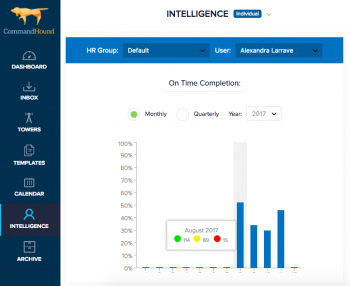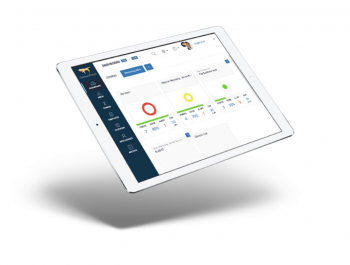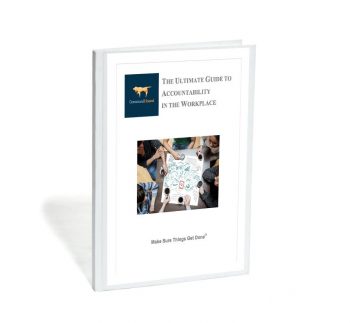Everybody talks about how task management tools are great at handling all those to-dos and action items. The reality is that very few people get the benefits they expect. There are hundreds of reasons for this, but here are the top 10 that affect the most people.
Insights: Productivity
Everybody is talking about the power of checklists to improve overall productivity. But how can these simple productivity tools actually significantly improve quality of life?
Ask anyone in your office how they feel about meetings, and you are likely to get passionate responses on both sides of the aisle.
It can be tempting to show up to the office in the morning and immediately start doing things. Coworkers instantly start asking you to address tasks, your email inbox has filled up overnight, and your schedule quickly fills up.
Few professional offices have to deal with as much information as law firms and remember so many critical things.
Teams are always having trouble figuring out how to make sure that deadlines are taken seriously, and how to stop individuals from spending too much time procrastinating.
With such a huge proliferation of task management, getting things done (GTD) apps, and checklist software, it’s no surprise that many attempts have been made to try to simplify the evaluation and selection process.
But have you ever tried to find something in Capterra, one of the most comprehensive software catalogs out there? There are 50+ software solutions listed in each of the following categories: workflow management, task management, and project management.
How are you supposed to compare or evaluate what’s best for your specific situation?







